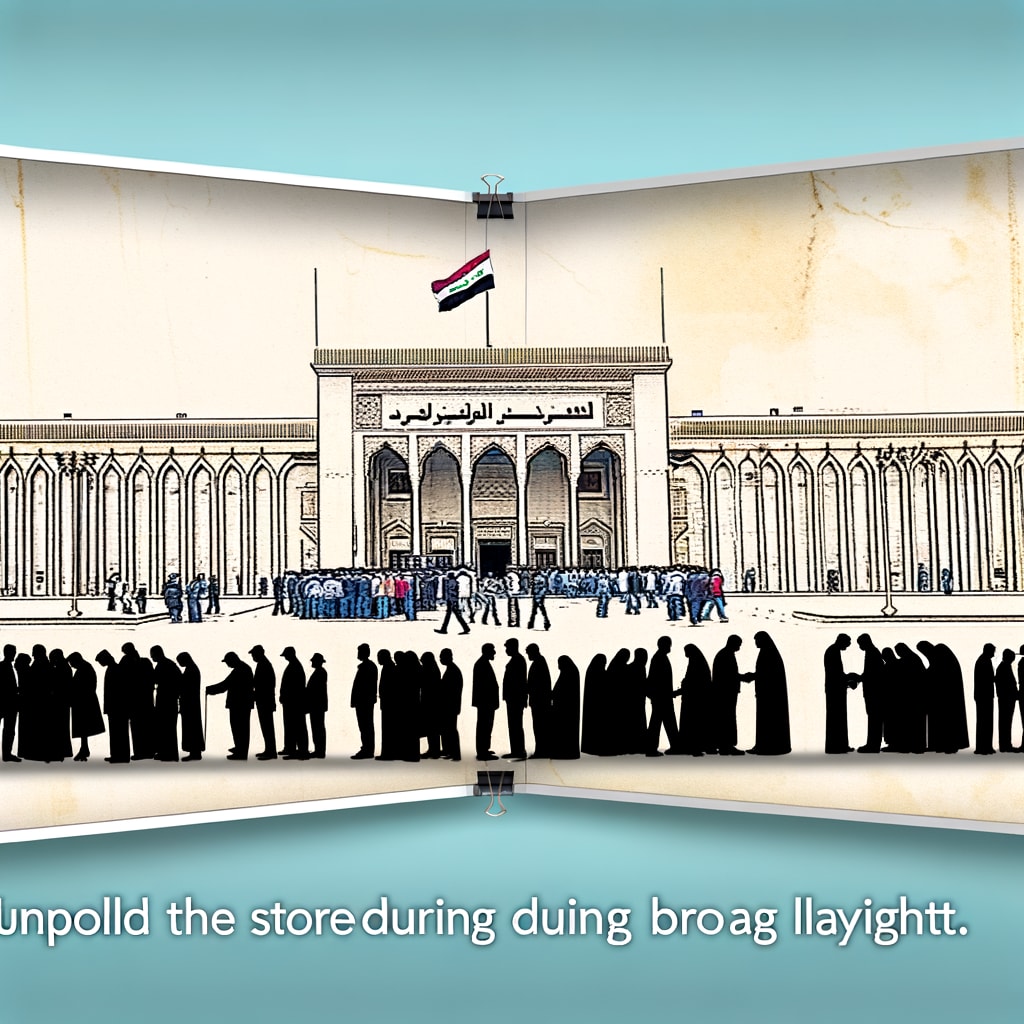Iraqis Cast Votes in Parliamentary Elections Amid Political Tensions and Calls for Boycott
Iraqis have cast their votes in what has been described as a crucial parliamentary election marked by political boycotts, tight security, and a backdrop of regional and international influences. Despite some calls for a boycott over perceived corruption and the inefficacy of the voting system, the Independent High Electoral Commission reports that turnout exceeded 56 percent.
Background and Context
The election, which is the sixth since the US-led invasion in 2003, comes at a time when Iraq is caught in the crossfire of conflicts between Washington and Tehran. The Trump administration has insisted that the next Iraqi government disarms Iran-backed militias, adding to the political pressure in the country.
Prime Minister Mohammed Shia al-Sudani, who is seeking a second term, led the country to the polls amid widespread disillusionment with the political system. The elections were seen as a contest over the sovereignty of the country, with the deeper question being whether Iraq's future will be determined by its own people or by external agendas.
Key Developments and Details
Despite the political climate, the elections were hailed as a success by Ammar al-Hakim, leader of Iraq’s National State Forces Alliance, who praised the democratic and secure atmosphere of the vote. Meanwhile, Iraq's deputy foreign minister welcomed remarks by Iranian Foreign Ministry Spokesperson Esmaeil Baqaei regarding the elections, suggesting a positive stance from Tehran.
However, the election was not without controversy. Influential Shia cleric Muqtada al-Sadr called for a boycott of the 'corrupt' elections and there were widespread expectations of a low turnout. Despite this, more than 7,740 candidates - nearly a third of them women - ran for the 329-seat parliamentary election.
International Reactions and Implications
The election was closely watched by both the US and Iran, signaling the strategic importance of Iraq in the region. Many voters boycotted the poll amid deep distrust, as the country still struggles to emerge from decades of war and endemic corruption.
The unexpectedly high turnout, despite calls for a boycott, signifies a strong desire for change and stability within the country. The elections represent a pivotal moment for Iraq, which has recently regained a sense of stability but continues to suffer from poor infrastructure and public services.
Conclusion
The parliamentary elections in Iraq have unfolded smoothly despite the shadow of political boycotts and international pressures. The high turnout suggests a resilient hope for change among Iraqis, even as they grapple with the country's complex political landscape. Preliminary results are expected soon and will set the course for Iraq's future amidst ongoing tensions and challenges.

